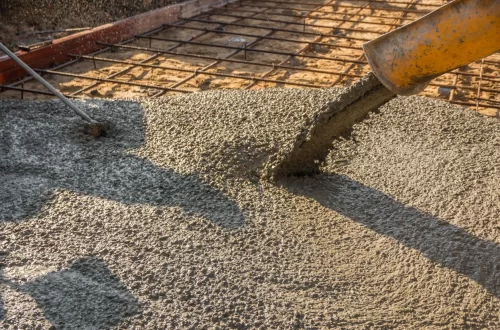A Feng Shui expert who knows a lot about an old Chinese system and they focus on making the surroundings balanced and calm to have positive energy move better. Feng Shui, which means “wind-water,” is the belief that how things lay out in a space can affect a person’s happiness, wealth, and achievements.
The Singapore fengshui is crucial by influencing its culture, history, and architecture. It values its Chinese roots and creates a harmonious environment, impacting urban planning and interior design in buildings and spaces. Many residential and commercial developments often incorporate Feng Shui principles, involving architects and developers in the design phase to ensure energy flow and balance, attracting positive energy, prosperity, and good fortune for occupants and businesses.

How Feng Shui emphasizes building layout, water, and qi flow?
The way buildings are designed and positioned is essential in Feng Shui. Buildings and other structures will put in a way to make the most of the energy around them. For example, buildings could be positioned near bodies of water or open areas to create a good and positive feeling. The doors, windows, and other things are put in the right places to follow Feng Shui principles.
Additionally, this helps make the energy flow well inside the rooms.
Besides architecture, Feng Shui also impacts interior design and decoration. Houses and buildings have symbols, colors, and things that represent the five elements and make the space peaceful. Many people use plants, water features, mirrors, and other Feng Shui remedies to create a more positive atmosphere.
Why do Singaporeans use Feng Shui for personal space?
Feng Shui is not only about designing buildings but also about organizing your area. More people in Singapore ask Feng Shui experts for help setting up their homes to improve their health, wealth, and happiness. They carefully think about everything, like how you arrange the furniture and where the bed is to place, which creates a comfortable environment.
In addition, Feng Shui is a part of many aspects of life in Singapore, such as making business choices and making plans for the government. Businesses seek Feng Shui guidance for success and financial success. The Singaporean government understands the importance of Feng Shui and has used its principles in city planning projects to improve the well-being and positivity of the people living there.
In conclusion, Feng Shui is still crucial to Singaporean culture and fits well with the country’s modern and diverse identity. Also, this shows that Singapore still values and follows the ancient Chinese philosophy of living in harmony with nature, even though it is a busy city. Because the efficiency of Feng Shui differs by culture, it is critical to have an expert with sufficient credentials, experience, and a better reputation to guarantee successful application.




